 As I start the third section of Fischer's book, Albion's Seed, there are a few more things I discovered about how my Puritan ancestors influenced my family and our country down the ages that I would like to mention.
As I start the third section of Fischer's book, Albion's Seed, there are a few more things I discovered about how my Puritan ancestors influenced my family and our country down the ages that I would like to mention.The idea that education should be provided for all and that it is the path to success originated in the Massachusetts colony. As did the idea that food should be nourishing, but mainly plain, with the exception of pies and cakes.
Business wear is still influenced by the idea of plain clothes in what the Puritans called "sadd" colors -- neutrals. They brought two sports to America. Football, which in Puritan England was played by the entire town, including women, children, and elders. And baseball. The Puritan idea of sport was that it was good for the body, the soul, and the community.
The Puritan work ethic went beyond the idea that work is good for the soul and proper to humanity (as opposed to the Cavalier ideal of being above it all). It also included the idea that goods had a proper price, which was fair. The idea of buy low and sell high was foreign to the Massachusetts settlers. If there was a problem which caused the cost of production and delivery to raise, that cost was for the producer to deal with, and not by raising the price of the goods.
In Massachusetts, there were very few slaves and almost as few servants. Puritans hired "help" and treated them as equals. The help ate at the table with their employers. The very idea of employment being a fair trade of labor for money originated with these people.
Time was something that was supposed to be improved. Work, worship, healthy play, time spent with family and friends, all were ways to improve time. (Unlike the Cavalier south, where time was to be spent.) Modest wealth was a sign that God was pleased with you, but too great a difference between the richest and poorest was not God's plan and was actively discouraged. When land was distributed to settlers, it ran between 20 and 40 acres, depending on what the individual could improve. (In the south, there were original plantations of around 20,000 acres -- balanced by some freemen having up to 40 acres, and most people having none.) Unlike Virginia, Massachusetts did not favor differences in rank. Equality has its roots in this colony, and in the counties in England that sent settlers to it.
The Puritans believed in the sanctity of the home. They settled in towns and neighborhoods. People came together in communities and associations. (And in the south, they spread out in isolated plantations.) Massachusetts valued order, and had a remarkably low crime rate. In the south, the custom of the landed gentry appointing a sheriff who represented their property rights was continued from the old country; in the north, a constable was elected by the people of the community and was concerned with maintaining order for all settlers. Government was by town meeting and selectmen already before they left East Anglia. Most selectmen had gray hair, due to the reverence for age. The Massachusetts Poor Laws, which were the roots of modern liberalism, guaranteed each individual freedom from want and fear.
Altogether, the Puritans had a strong effect and a good one on the direction that the country as a whole, including my family, followed.
A Fair Puritan by E. Percy Moran, Library of Congress
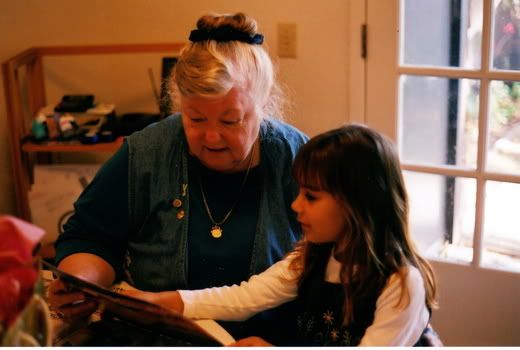
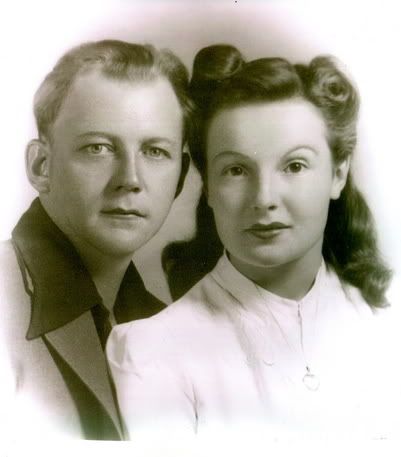
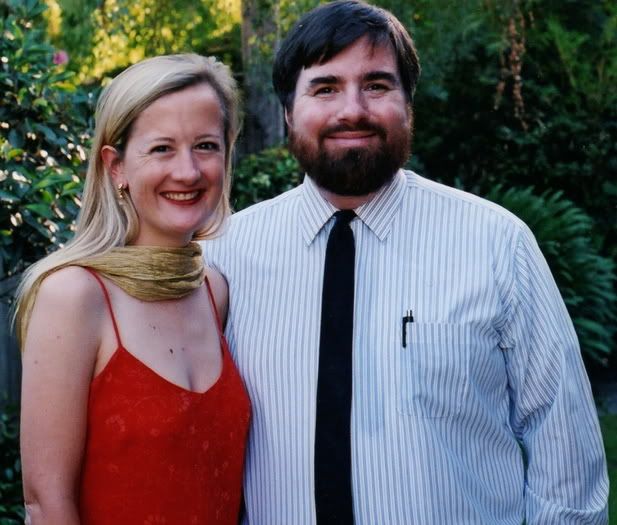
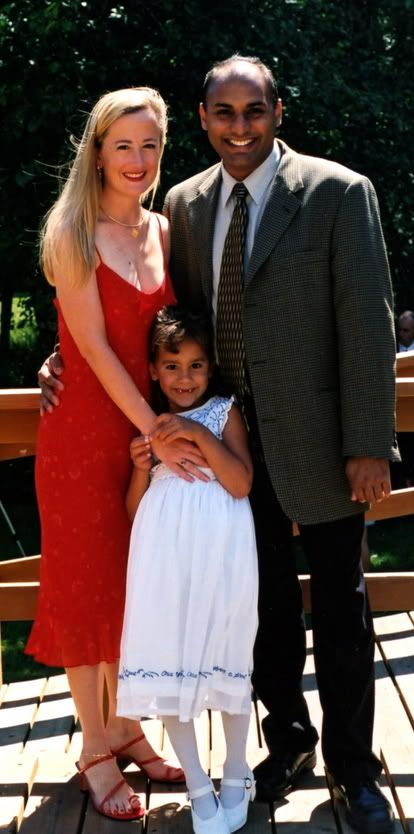
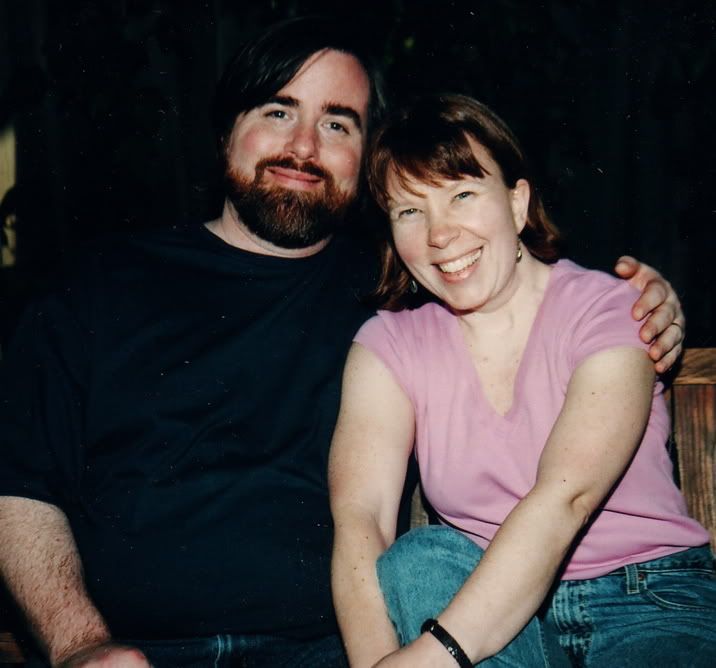













4 comments:
Interesting! I am really enjoying these posts about your forbears.
I always hate to leave a negative comment when someone is so nice and is presenting one side of something; so I do appreciate your pointing out the positive things about Puritanism that we may be benefiting from today. I think though there is another side which led to denial of natural bodily needs, seeing nudity as sexual sin, suffering being godly, etc. Therefore with their understanding of the Puritan ethic in their minds, some today reject the idea of death with dignity such as Oregon has for a law. I often say that the Puritan ethics are part of our current problem with the fundamentalist religious right-wingers. Obviously you have pointed out positive things about the group's thinking, but I suspect I am too old to change my prejudice that Puritanism is why America still has some of the 'wrong' (in my mind) attitudes toward many natural things-- like being gay. As an artist, I deal with the prejudices against depicting the nude figure even today; and from what I know of it, it all goes back to early Puritan thinking about what it took to be godly-- okay maybe it doesn't, maybe it's just something in Americans that gives us such a problem with this where Europeans would be more offended by violence.
Because of my own prejudices against even the word puritan, your articles certainly did make me go looking and especially for a quotation I had read in college that Cotton Mather supposedly gloried as he was burning Indian villages, during the Indian war. I have a couple of books on the Puritans that I kept from college classes, which of course doesn't make them correct, but will see if it's in there.
Rain,
There are negatives as well as positives to all groups. However, from my reading it looks like the Puritans were much less "Pruitanical" about their bodies than we believe. The ideas about the body that we comonly think of as their ideas are Victorian.
Almost all groups were very anti-gay back then -- cettainly the Cavaliers were more intensely insiitant in being manly.
Relations with Indians were not mentioned in Fischer's book, which is a look at the differences in the four groups who settled colonial America from England. I am only commenting on what I have learned from this one book that sheds light on how my family is.
Maya, I've got to agree with you. As one conflicted with the ideals and beliefs of religion, the reading of one book and obtaining insight into the history of this nation and our ancestors-and going on to share that insight-is not exactly backing or believing in everything that religion or belief system espoused. I have found that, in everything, there are good and bad points-good and bad beliefs that are held. Not to start a debate but, at times, atheism and agnosticism can be just as rigid and fanatacal as some of the most radical of the Judeo-Christian belief systems. I'll shut up now. Thank you for sharing with us.
Post a Comment